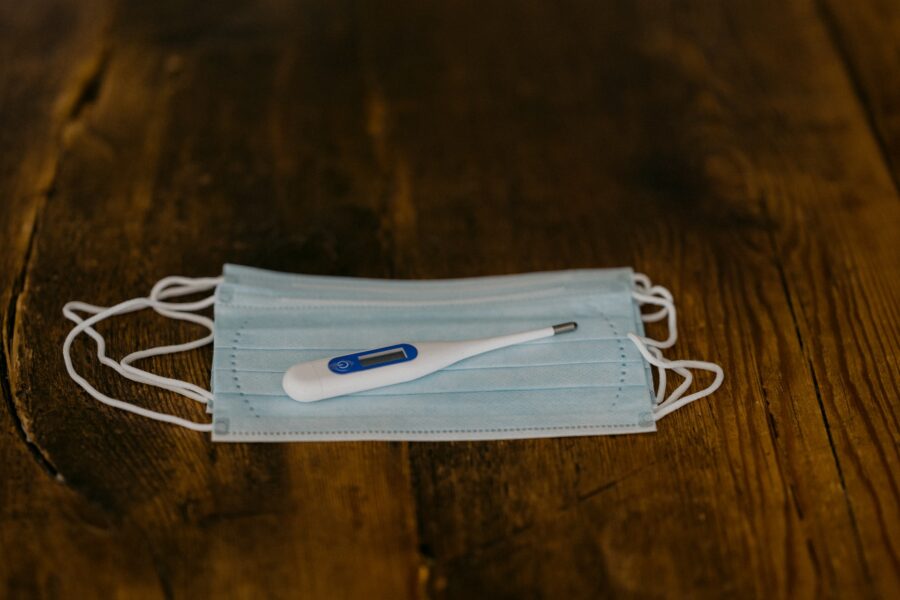Health
Asymptomatic COVID-19 patient remains infectious for at least 70 days, study finds

WHAT YOU NEED TO KNOW:
- An asymptomatic COVID-19 patient with leukemia continued shedding infectious particles for at least 70 days, say researchers in a new case study.
- So far, the 70-day infectiousness was the longest period ever observed in an asymptomatic coronavirus patient.
- According to the study, immunosuppressed people who get infected with coronavirus apparently remain contagious for longer than previously thought.
Generally, it takes about eight days for COVID-19 patients to shed contagious particles. However, a recent case study of a 71-year-old elderly woman with leukemia who tested positive for the virus on March 2 remained contagious 70 days following diagnosis.
What’s more, she continued shedding infectious particles by mid-June, 100 days later while remaining asymptomatic.
“We think that at least up to day 70, this patient would have been able to spread the virus to others,” National Institute of Allergy and Infectious Diseases virologist and study lead author Vincent Munster, told Business Insider. Good thing, the patient didn’t spread the virus because she was confined in an isolation room.
According to the recently published study in the journal Cell, the 70-day infectiousness is by far the longest period seen in an asymptomatic coronavirus patient. For reference, an October study has posted 61 days as the longest time span of infectious shedding observed in a patient with symptoms.
One reason behind the woman’s continued viral shedding was because of having an impaired immune system caused by a condition called hypogammaglobulinemia where sufficient amounts of antibodies that protect against the virus cannot be produced.
Munster’s case study is in conjunction with a study in June that suggests traces of the virus’ genetic material can be found in the bodies of immunocompromised people for a longer time than those with regularly functioning immune systems.
In that study, 10 immunodeficient people with COVID were found to shed the virus for a median of 28.4 days versus the 12.2 days for people with healthy immune systems.
Roughly 3 million Americans are immunocompromised in some way including HIV and cancer patients receiving chemo treatments.
However, the patient in the new study had a particularly weak immune system, meaning her 70-day infectiousness period is probably very rare, says Munster.
Nevertheless, the researchers noted that long-term shedding of the virus may be more prevalent in some immunosuppressed people than previously thought.
“Although it is difficult to extrapolate from a single patient, our data suggest that long-term shedding of infectious virus may be a concern in certain immunocompromised patients.”
Source: Business Insider
